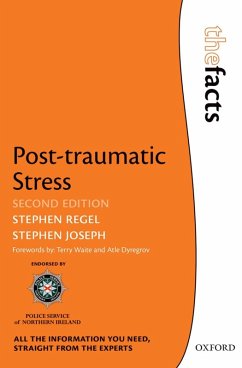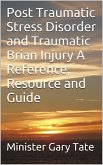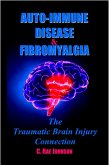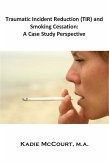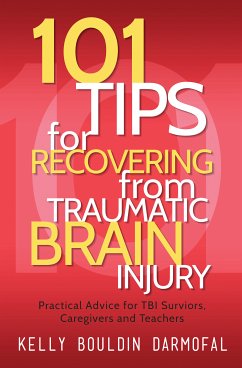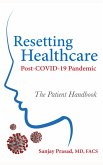Post-traumatic stress disorder (PTSD) is an anxiety disorder that can develop after exposure to one or more traumatic events. It is a severe and ongoing emotional reaction to extreme psychological trauma, such as threat to life, being a victim of crime or sexual assault, witnessing someone's death, or a threat to one's physical and/or psychological integrity. The new edition updated throughout, presents information in a helpful, practical, and accessible way that will be helpful to survivors, and their family and friends. The book begins with a description of PTSD and other related problems, often experienced by survivors, a short history of the developments in the field, information on common responses to trauma, theory, assessment, treatment and research findings. Further chapters reflect new theoretical thinking and directions in the field of trauma including post-traumatic growth following adversity. New chapters to this edition address the impact of traumatic bereavement, the needs of ex-hostages and their families, and suggestions for self-help after trauma. Post-traumatic stress: The Facts is essential reading for sufferers of post-traumatic stress, their families and friends, and will also be of interest to the general reader and a valuable resource for helping professionals, such as general practitioners, psychologists, social workers, mental health nurses, counsellors and those supporting victims of trauma in the voluntary sector. The book will also be helpful for those in the voluntary and statutory sector responsible for providing crisis support to those affected by major traumatic events in the community.
Dieser Download kann aus rechtlichen Gründen nur mit Rechnungsadresse in A, B, BG, CY, CZ, D, DK, EW, E, FIN, F, GR, HR, H, IRL, I, LT, L, LR, M, NL, PL, P, R, S, SLO, SK ausgeliefert werden.

